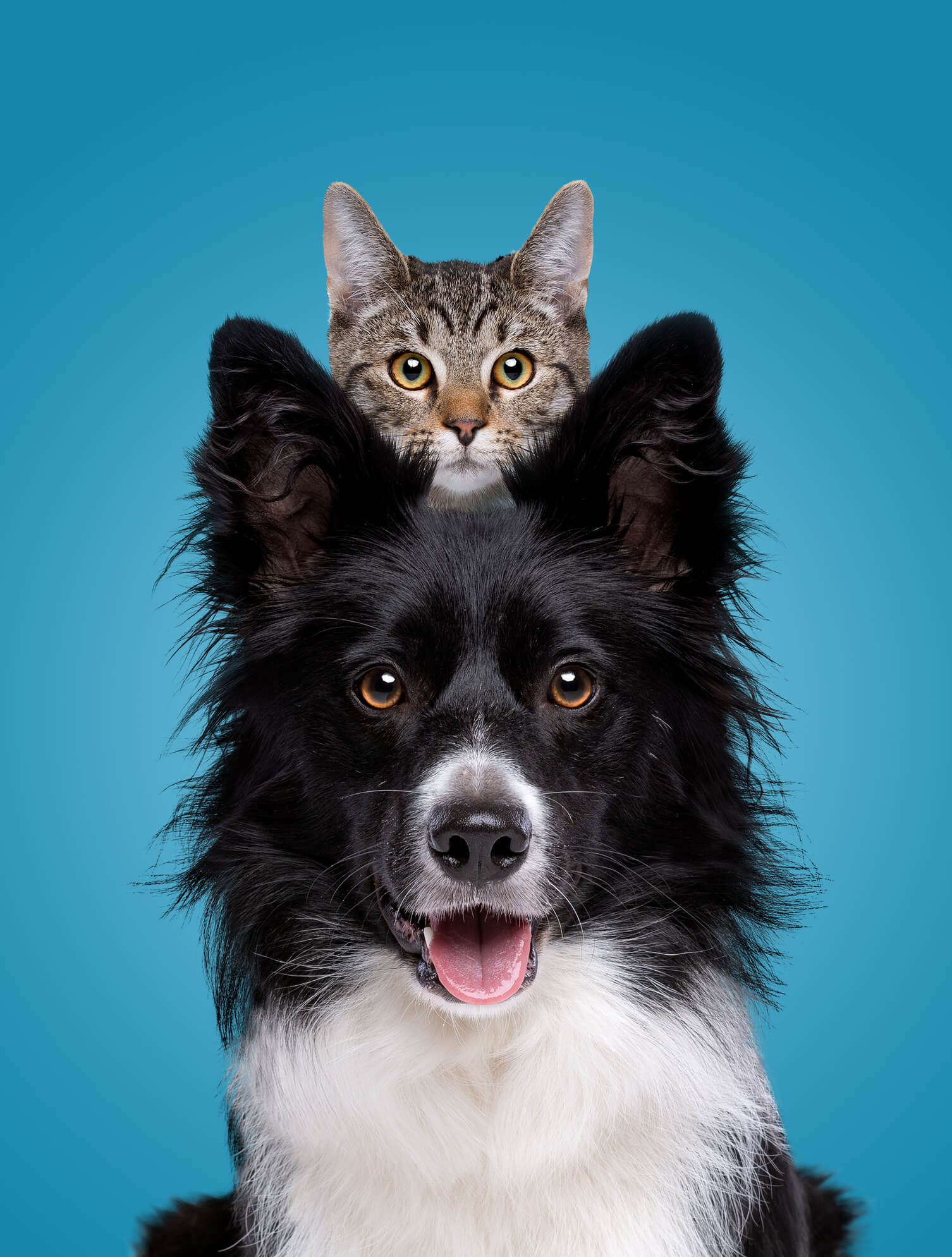Food allergies and intolerances not only affect humans, but also other mammals such as our beloved dogs and cats, and the number of animals affected by these disorders is comparable to that of people.
Even the foods responsible for allergies and intolerances in animals are the same as for humans, namely: lactose, meat and wheat proteins, nuts, fish and eggs.
What is meant by food intolerance and allergy
Meanwhile, let’s start by saying that these are two different things.
Food intolerance concerns the absence (or insufficiency) of some enzymes, responsible for the digestion of certain substances, and causes disorders of the digestive system.
Allergy, on the other hand, is an abnormal reaction by the immune system that triggers the production of IgE immunoglobulins, also leading to severe symptoms such as anaphylactic shock.
What are the symptoms in pets
The symptoms caused by these disorders are very similar between humans and animals, but in the latter there are problems mainly affecting the skin and the gastrointestinal system ( how to understand if a dog is allergic to a food ).
The most common signs that we can find in our furry friends, and that can be traced back to a possible form of food intolerance are different:
– Itching: widespread, or localized in the belly and hips.
– Dermatitis, skin lesions, alopecia or greasy hair.
– Vomiting and Diarrhea
However, most of these symptoms can also be traced back to other conditions. For this reason the intervention of a specialist will be fundamental to determine the correct attribution of these disorders to their real triggering reason.
Diagnosis and Treatment
The diagnosis of these problems is still far behind in animals. In fact, contrary to what happens for us, blood tests or other tests cannot be carried out to ascertain the presence of these dysfunctions.
Therefore, if our trusted veterinarian finds a possible intolerance in our four-legged friend, the only way to make sure and at the same time make the animal better would be to proceed. eliminating all possible allergenic food sources from his diet (protein) for a certain period of time, and then gradually reintroduce them.
What can we do to help our dog or cat
First of all, avoid the “do it yourself” and contact a veterinarian immediately. In fact, only a doctor can develop a correct diet to treat these disorders without compromising the general health of our animal.
Another thing to watch out for will be not to give in to their sweet eyes when they ask us for food that we cannot give them … We know how convincing our furry friends can be at certain times!
But above all, do not give up: once you have found the right diet and associated a bit of exercise every day, your pet will soon be healthy and happy again!


